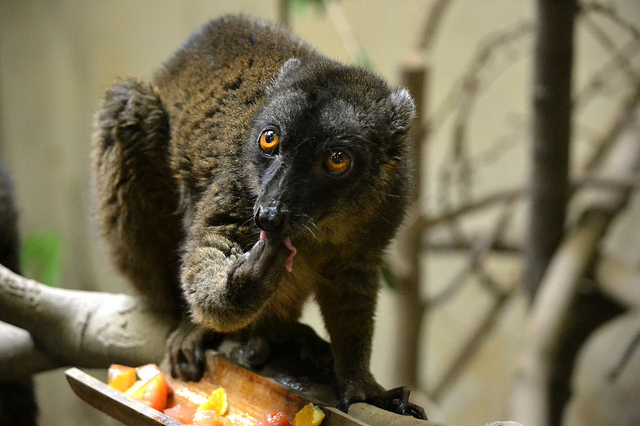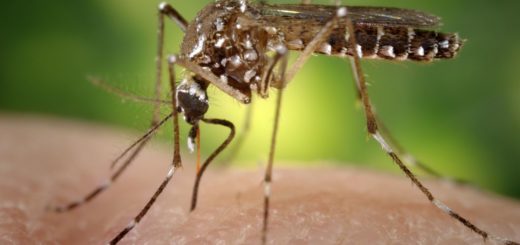Impulsive Animals

When trying to understand where a certain feature of the human brain has emerged from in evolutionary terms, we often turn to other species in the animal kingdom to investigate it further. In a recent study, which involved collaboration of researchers across several countries, 36 different species of animals participated in tasks which test self-control 1. Self-control is not eating that fifth really unhealthy biscuit, even though you really want to. Little children find this kind of thing difficult, but get better as they get older (for an example, see Kids vs Cookies).
In the study, animals were tested on one of two tasks. In the A-not-B task, animals were familiarized with searching for food in Container A. Then, animals saw the food hidden in A and afterwards, moved to Container B or C, before they were allowed to search. This required inhibition of the pre-potent response to search in Container A. In this study, the three containers were visible to the animal at all stages of the task. For the second task, animals were taught to retrieve food from an opaque cylinder with open ends. In later trials, a transparent cylinder was used. To successfully retrieve the food, the animal had to inhibit the impulse to reach for the food directly (bumping into the side of the cylinder), and produce the correct response of retrieving food from either of the open ends.
The researchers were interested in what correlated with performance on these tasks. It was found that absolute brain volume, rather than relative brain volume was a significant predictor of performance. In addition, species of animals which had a varied diet tended to do better on the task. According to the researchers, larger brains in absolute terms might lead to more complex cognitive abilities, due to the increase in the number of neurons, and more space being available for new functional modules and networks.
However, one might be surprised why relative brain size did not correlate as much as absolute brain size with performance in the self-control tasks. The reason some animals have larger brains than others is because they have a larger body size overall. Whales and elephants have very large brains, but are they more cognitively advanced than other smaller animals? In fact, the researchers mention that the Asian elephant seemed to be a bit of an exception to the rule in their study. Most of the species tested were primates, and the importance of absolute brain volume might be most applicable within the primate group.
The recent study is a good start, but it would also be interesting to see how the species tested here compare to humans. Humans don’t have the largest brains in the animal kingdom, but how good are we at self-control compared to other animals?
Edited by Debbie Nicol










